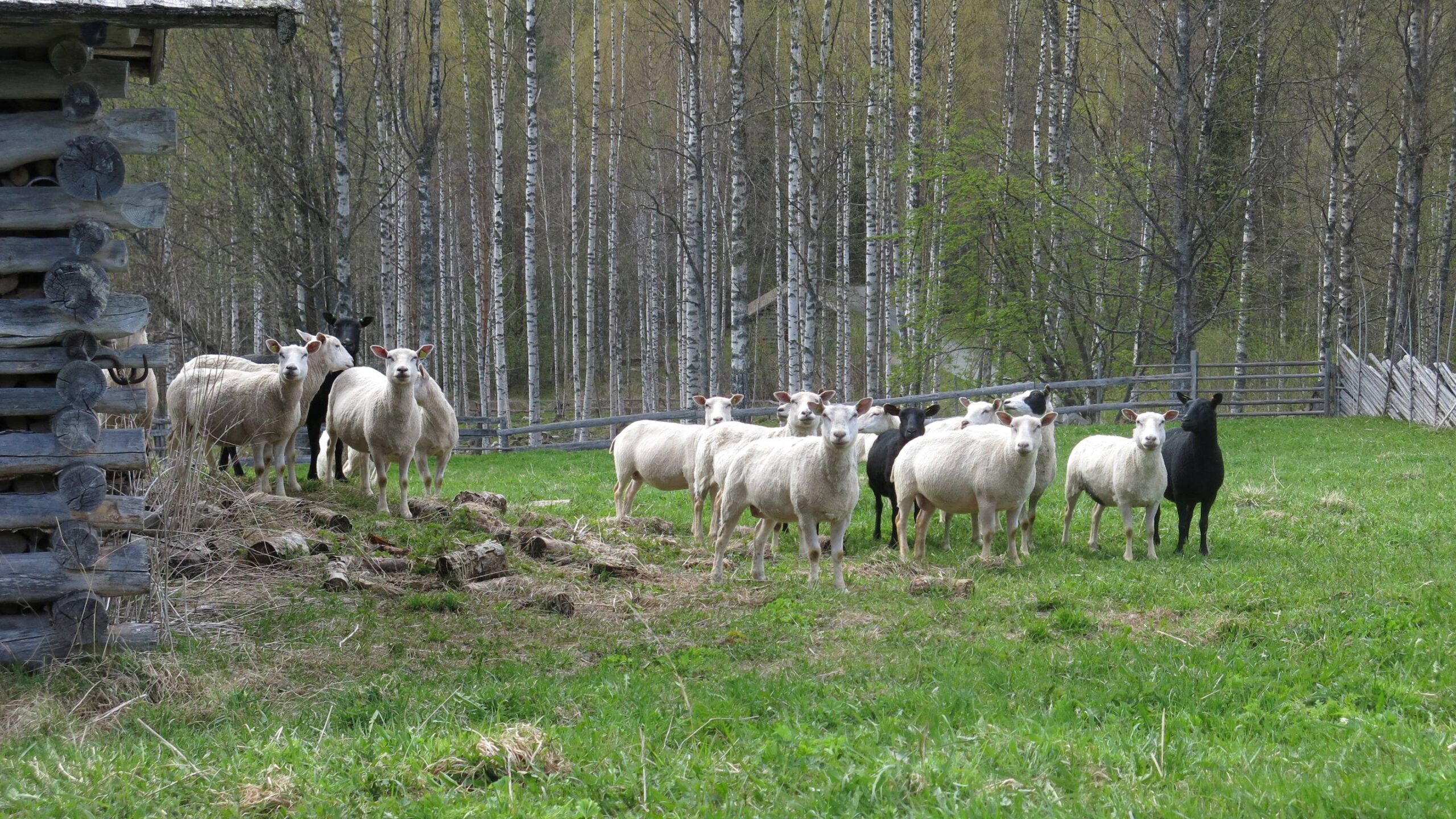Case Study
Shepherd Weeks: A Unique Conservation and Cultural Experience in Finland
Contact name
Tiina Hakkarainen
Institution name
Metsähallitus, Parks & Wildlife Finland
Region & country
There are a total of 15 shepherd sites located in different nature conservation areas across Finland.
Summary
The Shepherd Weeks are unique way to organize landscape management and conservation efforts. The concept is a combination of nature conservation and management, strengthening relationships between people, nature and landscapes, and enjoying an unforgettable holiday experience.
During the Shepherd Weeks, the landscapes and nature are managed in an exemplary and effective manner that respects traditions and benefits all parties involved. The sheep owners and sheep gain access to quality pastures that may be hard to find, and the shepherds help the farmers with caring for and keeping an eye on the animals. The operations also strengthen the volunteer shepherds’ relationship with landscapes and nature.

Sheep grazing in Koli National Park.
Photo: Metsähallitus / Heidi Kilpeläinen
Background of the project
Traditional landscapes have disappeared in many places over time as small-scale farming has been abandoned. From a nature conservation perspective, this is highly unfortunate, as approximately one-quarter of Finland’s endangered species depend on these traditional environments. Efforts to maintain these areas were labour-intensive and lacked sufficient resources.
There was a need for practical solutions to maintain traditional landscapes and biodiversity while increasing public awareness and engagement in nature conservation efforts.
Solution and actions taken
Metsähallitus introduced Shepherd Weeks, where volunteers help care for heritage pastures by managing grazing animals such as sheep and cattle.
Shepherd Weeks were first piloted in Koli National Park, and from there, the concept has spread to other protected areas. Shepherd Weeks was launched with careful planning of suitable sites, cooperation with local farms, and development of volunteer guidelines.
Other institutions or parties involved
Key partners are local farmers who provide grazing animals.
Results
Shepherd Weeks have become highly popular, with applications exceeding available slots. The program has successfully maintained traditional pastures, supported biodiversity, and fostered public appreciation for conservation efforts.
Challenges
One year, we had to remove the sheep from the pastures of Koli National Park because a wolverine killed some of them.
Over the years, the number of applicants for Shepherd Weeks has been so high that we have developed an online registration form and a lottery system to ensure a fair selection process for volunteers.
Lessons learned
Public engagement can be a powerful tool for conservation when paired with meaningful experiences. Clear communication, training, and strong partnerships are essential for success.
Contact name
Tiina Hakkarainen
Institution name
Metsähallitus, Parks & Wildlife Finland
Website(s)
